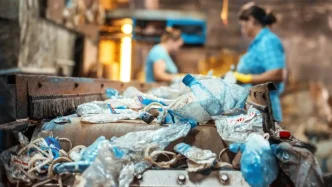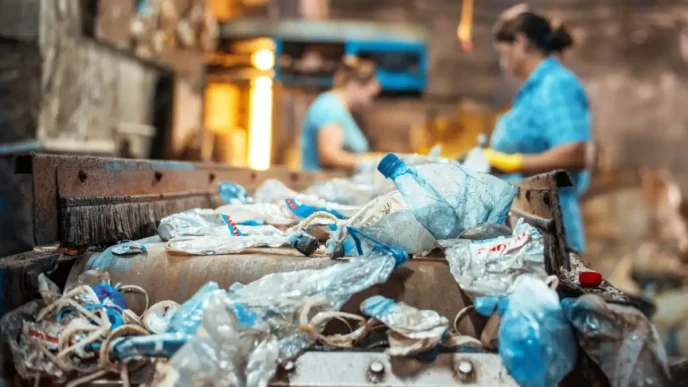In a heartwarming update for wildlife enthusiasts, Singapore’s beloved giant pandas, Kai Kai and Jia Jia, are being given some much-needed privacy this breeding season. The Mandai Wildlife Reserve announced that the Pavilion Capital Giant Panda Forest at River Wonders will be temporarily closed to visitors on April 21 and 22, 2025, to provide the pair with a quiet environment during this critical time.
A Delicate Window for Romance
For giant pandas, breeding is a race against time. Female pandas like Jia Jia ovulate just once a year, with a fertility window lasting a mere 24 to 36 hours. This narrow timeframe makes every breeding season a significant event for conservationists and wildlife caretakers. The temporary closure of the exhibit underscores the reserve’s commitment to creating optimal conditions for the pandas, who have become cherished icons in Singapore since their arrival over a decade ago.
Kai Kai and Jia Jia first arrived in Singapore in September 2012 on a 10-year loan from China as part of a collaborative conservation effort. Their stay was extended by an additional five years in 2022, ensuring they remain in the city-state until 2027. Now aged 17 and 16, respectively, the pair will turn 18 and 17 in September 2025. According to data from the Smithsonian’s National Zoo & Conservation Biology Institute, giant pandas typically reach breeding maturity between four and seven years of age and can remain reproductive into their early 20s, offering hope for more successful breeding attempts in the coming years.
A Milestone with Le Le
After six unsuccessful breeding attempts following their arrival, Kai Kai and Jia Jia finally celebrated a milestone in 2021 with the birth of their first cub, a male named Le Le, on August 14. Le Le holds the distinction of being the only giant panda ever born in Singapore, marking a significant achievement for the country’s wildlife conservation efforts. However, under the terms of the original loan agreement between the Mandai Wildlife Group and the China Wildlife Conservation Association, Le Le was returned to China on January 16, 2024, to join conservation programs there.
The birth of Le Le was a moment of pride not just for the reserve but for Singaporeans as a whole, who have followed the pandas’ journey with keen interest. It also highlighted the challenges and dedication involved in breeding giant pandas in captivity, a species classified as vulnerable by the International Union for Conservation of Nature (IUCN). With fewer than 1,900 pandas estimated to remain in the wild, every successful birth in captivity contributes to the global effort to protect this iconic species.
The Bigger Picture of Panda Conservation
The temporary closure of the Giant Panda Forest exhibit is more than just a logistical update; it reflects the broader challenges of conserving a species with such specific reproductive needs. Giant pandas are notoriously difficult to breed in captivity due to their short fertility windows and often limited interest in mating. Zoos and wildlife reserves worldwide employ a range of strategies, from behavioral training to artificial insemination, to improve success rates.
In Singapore, the Mandai Wildlife Reserve has invested significant resources into ensuring Kai Kai and Jia Jia’s well-being, from tailored diets to carefully controlled environments. The reserve’s efforts are part of a larger international collaboration with China, which has loaned pandas to various countries as a form of “panda diplomacy” to foster goodwill and support conservation initiatives. The extension of Kai Kai and Jia Jia’s stay in 2022 was seen as a testament to the strong ties between Singapore and China, as well as the success of the program at River Wonders.
Community Support and Future Hopes
The announcement of the exhibit closure was shared via a Facebook post by the Mandai Wildlife Reserve on April 20, 2025, prompting an outpouring of support from panda enthusiasts across social media. Many expressed hope for another cub to join the family, while others praised the reserve for prioritizing the animals’ needs over public access during this sensitive period.
As Kai Kai and Jia Jia enter this breeding season, the anticipation among Singapore’s wildlife community is palpable. While there are no guarantees in the delicate process of panda reproduction, the reserve’s dedication offers a glimmer of hope. For now, the temporary closure serves as a reminder of the quiet, behind-the-scenes efforts that go into conserving one of the world’s most beloved species.
As the giant pandas enjoy their brief respite from the public eye, Singaporeans and visitors alike await news of a potential new addition to the family—a small but meaningful step in the global fight to protect these gentle giants.














